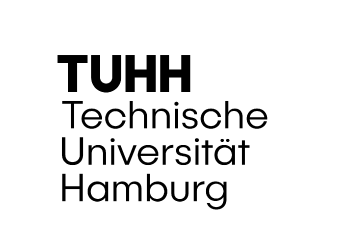
This seminar is open for students from all disciplines who are curious to explore the relationship between the Global South and North with focus on Namibia and Germany, and their Green Hydrogen endeavour.
Both countries, Namibia and Germany, are heavily invested in Green Hydrogen, on political, scientific, and economic level. The technology promises a huge contribution towards the achievement of the United Nations's 17 Sustainable Development Goals.
The seminar looks deeper into the implications of Green Hydrogen for Namibia and Germany and tries to expand the view beyond the technical possibilities and promises. Both countries are compared with regard to their achievements and challenges towards the SDGs; Green Hydrogen will be put in context of each countries' sustainable development strategy.
Furthermore, Namibian-German relations are explored, with focus on a genocidal past and the long and weary way to reconciliation, restitution, and the mediation of a shared history. How does this past even connect to something like tomorrow's Green Hydrogen? Also, Green Hydrogen will be put in context from a different angle by asking how indigenous knowledge and future technologies collide and how climate justice informs and frames the debate.




